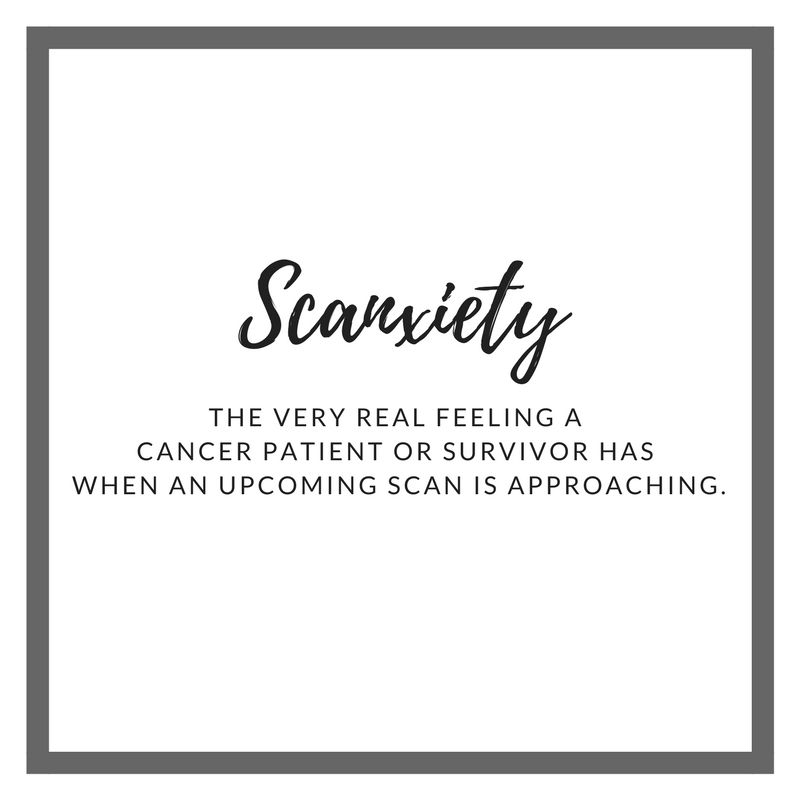Olubukola Ayodele, Consultant Medical Oncologist at the University Hospitals of Leicester NHS Trust, shared a post on LinkedIn:
“Understanding ‘Scanxiety’ – The emotional toll of scans.
For many cancer patients, the journey through diagnosis and treatment includes significant milestones, with regular imaging scans—CT, MRI, and PET—being emotionally charged events.
These scans, crucial for monitoring treatment progress or detecting recurrence, often bring an overwhelming burden of fear and anxiety, commonly known as scanxiety.
Scanxiety refers to the intense worry or fear patients experience before and after their scans.
It can manifest as sleeplessness, irritability, loss of appetite, and physical symptoms like headaches or nausea.
The uncertainty of scan results—whether treatment has worked or if the cancer has returned—can consume a patient’s thoughts and intensify their anxiety.
Healthcare professionals understand that scans are not just diagnostic tools; they carry significant emotional weight.
Oncology teams are sensitive to the psychological toll scans have on both patients and caregivers, who often feel helpless in supporting their loved ones.
Why Is Scanxiety So Common?
1. High Stakes: Scan results can heavily influence treatment plans and life expectancy.
2. Cancer’s Uncertainty: The unpredictability of cancer heightens fears for both patients and those in remission.
3. ‘What-If’ Concerns: A cancer diagnosis alters how patients view their health, leading to fears about hidden issues.
4. Waiting for Results: Delays in receiving results can lead to prolonged stress and helplessness.
While scanxiety may be unavoidable, it can be managed through various strategies:
1. Acknowledge Your Feelings: Recognizing scanxiety as a natural response can reduce its power.
2. Build a Support System: Lean on family, friends, or support groups to share your fears.
3. Practice Self-Care: Engage in relaxing activities like meditation or gentle exercise to ground yourself.
4. Stay Informed: Openly communicate with your oncology team to demystify the process.
5. Limit Overthinking: Focus on controllable aspects of your health and engage in hobbies to distract yourself.
6. Seek Professional Help: If anxiety becomes unmanageable, consult oncology social workers or therapists.
Oncology teams can support patients by:
1. Providing Clear Information: Explain scan processes and expectations.
2. Reducing Wait Times: Streamlining result delivery can alleviate prolonged stress. Unfortunately waiting times for scan reports in the NHS continues to increase.
3. Offering Emotional Resources: Referrals to counseling or support groups can aid patients.
4. Validating Fears: Acknowledging a patient’s feelings can be immensely reassuring.
Cancer is an emotional and psychological journey, not just a physical illness. As HCPs, we should not just provide medical expertise but empathy and understanding.
For those experiencing scanxiety: you are not alone. Lean on your community, trust in your strength and take it one step at a time.”

Dr. Olubukola Ayodele is a Consultant Medical Oncologist at the University Hospitals of Leicester NHS Trust, specializing in breast and genitourinary malignancies, including germ cell tumors. She is also an honorary Senior Lecturer at the University of Leicester and heads the Breast Cancer Clinical Trials Unit at the Leicester Cancer Research Centre. Dr. Ayodele’s work includes numerous publications, clinical trials, and collaborative research projects on molecular drivers and biomarkers in breast cancer. She is a member of ASCO, ESMO, ACP and UKBCG.
